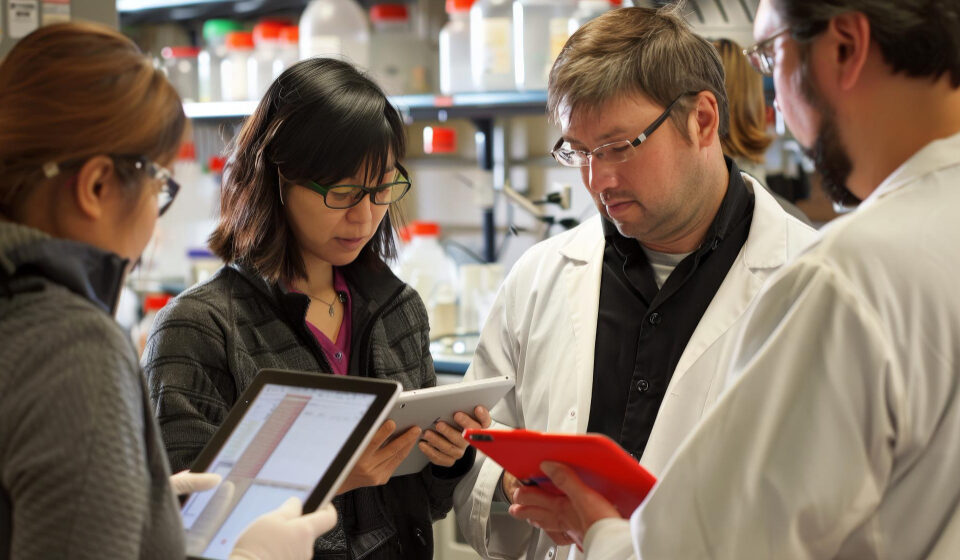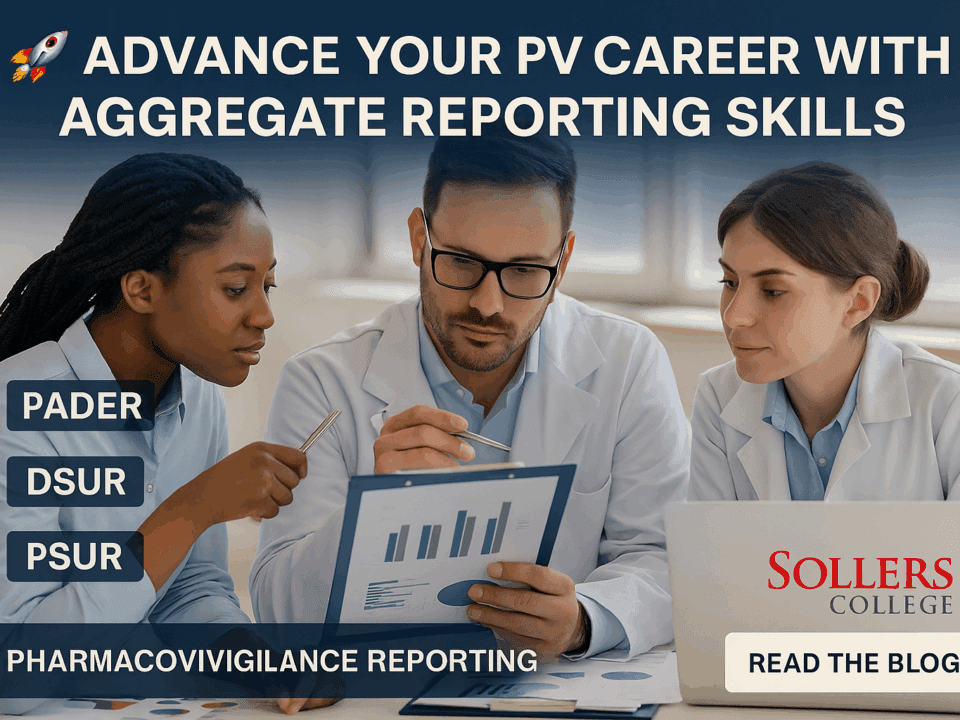
Introduction
In the world of pharmacovigilance, clear and accurate communication is vital. One of the most critical forms of communication in drug safety is narrative writing—a specialized skill that blends clinical knowledge with scientific storytelling. But what exactly is narrative writing in pharmacovigilance, and why is it in such high demand?
This blog explores the definition, real-world applications, and career scope of medical narrative writing in pharmacovigilance, along with advice on how to get trained for this niche but impactful role.
What Is Narrative Writing in Pharmacovigilance?
Medical narrative writing refers to the process of summarizing adverse event reports into detailed, structured narratives that describe what happened to a patient, how the drug may have contributed, and what the outcomes were.
Narratives are included in:
- Individual Case Safety Reports (ICSRs)
- Periodic Safety Update Reports (PSURs)
- Development Safety Update Reports (DSURs)
These documents are submitted to regulatory bodies like the FDA, EMA, and MHRA, and are crucial for assessing drug safety profiles.
Real-World Example
Example Narrative (Simplified):
“A 54-year-old male with a history of hypertension started Drug X for Type 2 Diabetes on March 3, 2024. Five days later, he developed dizziness and shortness of breath. The medication was discontinued on March 10, and the symptoms resolved within 48 hours. The treating physician assessed the reaction as ‘possibly related’ to Drug X.”
Narratives like this help medical reviewers, regulators, and pharmaceutical companies determine if there is a pattern of concern with a drug.
Why Is Narrative Writing Important?
- Enhances Regulatory Compliance: Regulatory agencies require concise, medically sound narratives.
- Supports Risk Assessment: Narratives are essential for signal detection and risk management.
- Improves Drug Labeling: Insights from narratives often lead to label updates or warnings.
Skills Required for Medical Narrative Writing
- Strong knowledge of medical terminology and clinical pharmacology
- Excellent written communication skills
- Attention to detail and ability to analyze medical records
- Understanding of ICH-GCP and pharmacovigilance guidelines
Who Can Become a Narrative Writer?
This role is ideal for:
- B.Pharm, M.Pharm, Pharm.D graduates
- MBBS, BDS, BAMS professionals
- Life science graduates (B.Sc., M.Sc. Biology, Microbiology, etc.)
- Nurses and paramedical staff looking to shift into regulatory roles
Career Scope & Salary in the USA
The demand for narrative writers is growing globally. In the U.S., medical writers in pharmacovigilance earn competitive salaries:
- Entry-Level Narrative Writer: $65,000–$85,000/year
- Experienced Medical Writer: $90,000–$120,000/year
- Senior Drug Safety Writer/Team Lead: $130,000+/year
(Source: Glassdoor, Payscale, ZipRecruiter)
How to Get Trained in Narrative Writing
A specialized Pharmacovigilance Narrative Writing Training Program can equip you with:
- Hands-on practice in writing real-world narratives
- Training on MedDRA coding and case triage
- Exposure to software like Argus Safety or ARISg
- Industry-standard templates and case studies
Final Thoughts
Medical narrative writing is one of the most sought-after skills in pharmacovigilance. It combines scientific knowledge with strong communication abilities—offering professionals a stable, fulfilling, and well-compensated career path in drug safety.
Whether you’re starting your career or upskilling in pharmacovigilance, mastering narrative writing opens doors to new opportunities in the U.S. and global markets.



